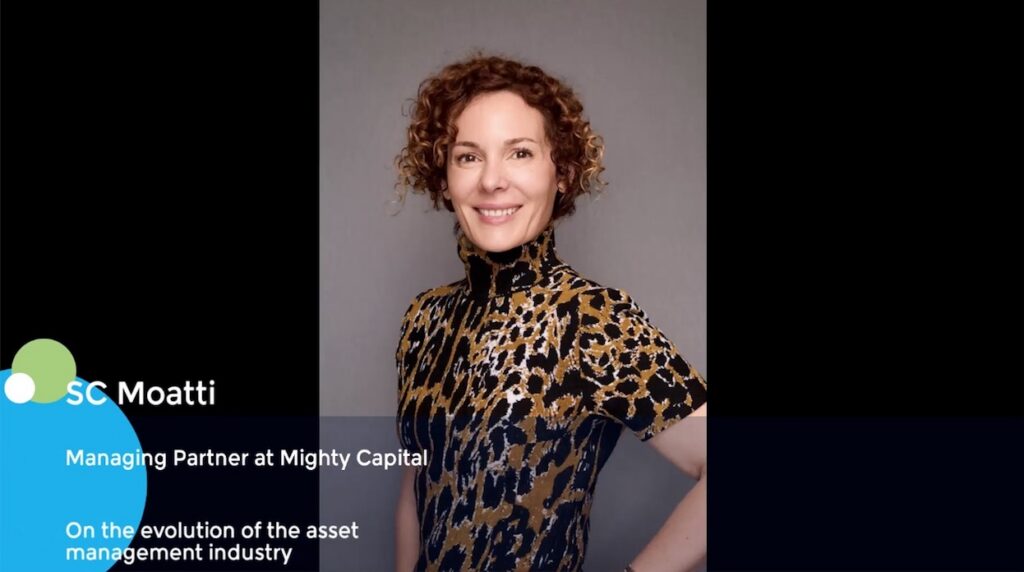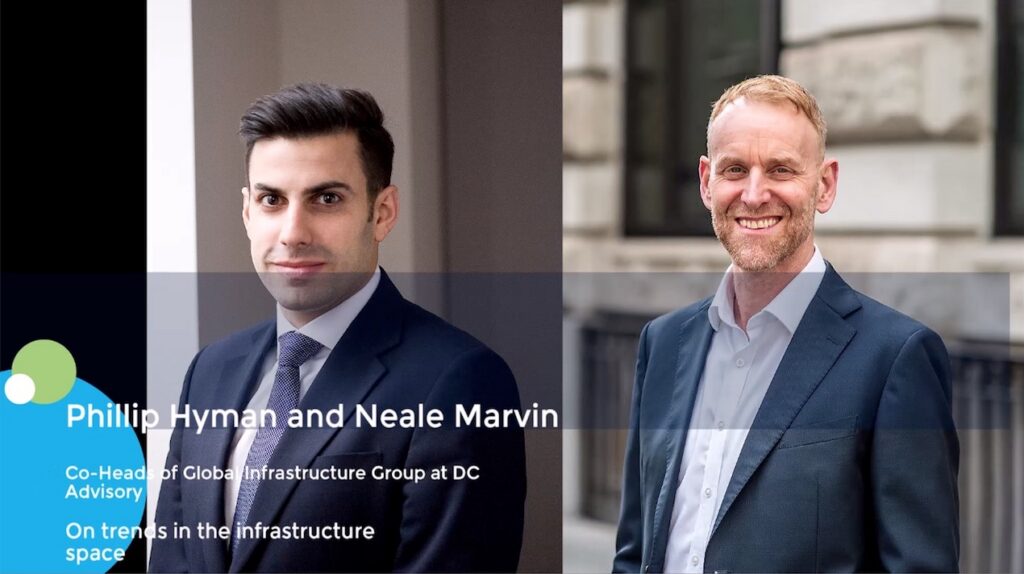Privateer eyeing further acquisitions – CEO
- USD 25m capital raise likely within 12 months
- AI and sensing technology providers of interest
Privateer, a provider of geospatial intelligence and space sustainability, has additional acquisitions on its radar, said Alex Fielding, CEO and cofounder.
M&A opportunities can be “anything that accelerates our path to market or helps us grow faster,” he said. For example, the company could acquire artificial intelligence to interpret satellite and multisensor data, he said. Privateer would also look at acquiring capabilities it doesn’t have today, such as new types of sensing technology, he added.
There is no limit on deal size, he said. “I could get access to private equity capital for good technology for the right reason,” Fielding added. “We are always looking at large targets.”
Privateer acquired Orbital Insight in conjunction with its USD 56.5m Series A capital raise, which closed in 2024. Privateer made a small acquisition in 2022 as well, purchasing Morphism for undisclosed terms. It also acquired some technology from the University of Texas-Austin, he said.
The company plans to raise additional funding – an A2 round – within 12 months, he said, adding that the size could be about USD 25m. The effort is just getting underway. “Insiders want to increase their existing allocation. That’s a good sign,” he said.
The capital will be used for building an on-ground presence in countries in Europe and the Middle East with “friendly governments” that are on the NATO list, he said.
The data that Privateer aggregates for commercial customers includes, for example, how many cars are parked in front of a corporation’s plant or how many cell phones are used per factory, per shift, Fielding said.
On the government side, Privateer can be used to measure agricultural crop yields and chemicals used, or for fire detection, he said. “A lot of things we give away, so as not to make money from others’ pain and suffering,” he said. After the Hawaiian wildfires in Maui in 2023, the company helped reboot communications using geospatial data from multi-spectral satellites, he said. “We knew on the first day of the Maui fire how many homes were still standing and where there was power and water,” he said. The company gave that information to FEMA and the Hawaii Emergency Management Agency.
Privateer is in the broad category of geospatial intelligence, an area Gartner Group calls Earth intelligence, Fielding said. It competes with companies such as Palantir and Anduril on defense and intelligence deals, which comprise 60% of its business, Fielding said.
The commercial segment represents 40% and is its fastest growing, he added. The commercial segment focuses on supply chain information used for logistics and enterprise resource planning. Fielding likened it to military customers using the information for command-and-control systems.
Privateer incorporates dynamic inputs to its enterprise resource planning system, he said. “To the best of my knowledge, we’re the only company working on that,” he said. Customers include British Petroleum, Chevron, S&P, Dun & Bradstreet, Honda, Toyota, and RBC.
Its service is timely in light of the global trade war. “We predict rather than just respond to the ever-changing trade situation,” Fielding said.
The CEO would not disclose revenue but said it is in the USD double digit millions. Revenue has doubled year over year, every year since the company launched commercially in the middle of 2022. It aims to double revenue again this year, he said. Fielding said the company is intentionally not profitable, adding that it has “good gross margins and is a healthy SaaS business.”
Fielding co-founded Privateer alongside Apple pioneer Steve Wozniak and Chief Scientist Moriba Jah, an aerospace engineer and MacArthur Foundation “genius grant” recipient. Privateer has 85 employees.
Corporate venture capital firms joined the company’s capital table through the Orbital acquisition – Chevron, Far Eastern Group, Mitsubishi UFJ Financial, and Murata. “We had a wonderful acceleration from corporate VCs. They almost always want to be a customer,” Fielding said. The corporate VC firms have helped the company expand further into the Middle East and Europe, he said. Other investors include Lux Capital, Sequoia and Google Ventures.
The company, with dual headquarters in Kihei, Hawaii and Palo Alto, California, has offices in Arlington, Virginia; Lake Como, Italy; Jakarta, Indonesia; Tokyo; and Riyadh, Saudi Arabia.











